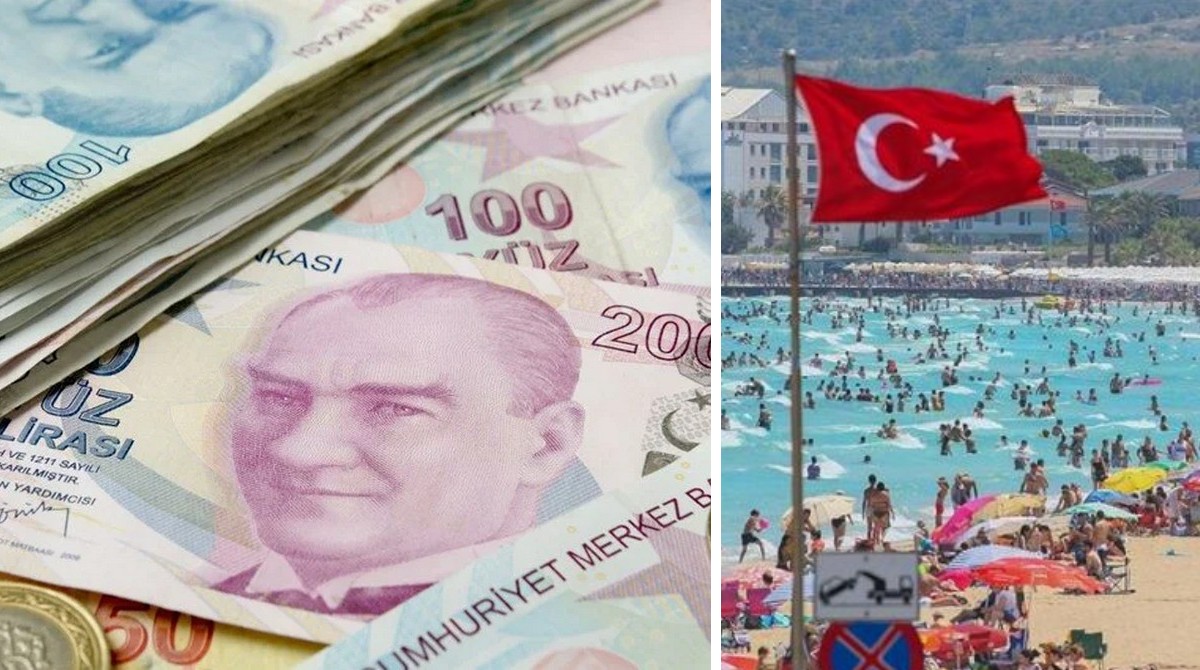An online fraudster conned tourists out of money by promising to rent out a non-existent bungalow in a tourist town in northwestern Turkey. After the hoax was exposed, the fraudster shamelessly responded to the outrage of duped travelers with an audio message: “I ate the money, it’s gone.” The scheme of deception was published by the Turkish newspaper Turizm Guncel.
Sakarya, a city of millions, little known to Ukrainian tourists, but popular among locals, is located near Lake Sapanjana, 145 km from Istanbul. The area is becoming an increasingly attractive vacation destination, but its popularity also attracts fraudsters.
It was clarified that the attacker created an account on social networks using the name of a well-known travel agency owned by the president of the Turkish Tourism Association (TÜRSAB). He started posting attractive photos there, which could easily be found on the Internet, and talking about wonderful vacations in non-existent bungalows. The scammer attracted the attention of almost 84,000 subscribers. For booking a bungalow, he asked to transfer money in full – 2,500 thousand liras per day of stay (approximately $90). Prepayment did not bother tourists.
One of the couples, who decided to confirm their reservation on the eve of departure, turned to the contacts indicated in the group and realized that she had become a victim of a fraudster. In response to their claim, the attacker just laughed at them and sent an audio message with the following content: “If you want, file a complaint with the prosecutor’s office, if you want with the courthouse, if you want with the best prosecutor in Turkey. You will not get your money. I ate the money, it’s gone.”
After establishing the fact of the crime, the defrauded tourists turned to the prosecutor’s office. Police and law enforcement agencies are currently investigating to find the perpetrator and prevent similar incidents in the future.
It will be recalled that the high season in Turkey caused the country to be flooded with a wave of fraud against tourists. The main fraud schemes were supplemented by massive car rental fraud. The scheme is the same as with hotels – fraudsters create fake websites and pages on social networks that look exactly like the original ones. As a result, at least 5,000 travelers fell for their bait in Turkey this year alone – read the details here.

